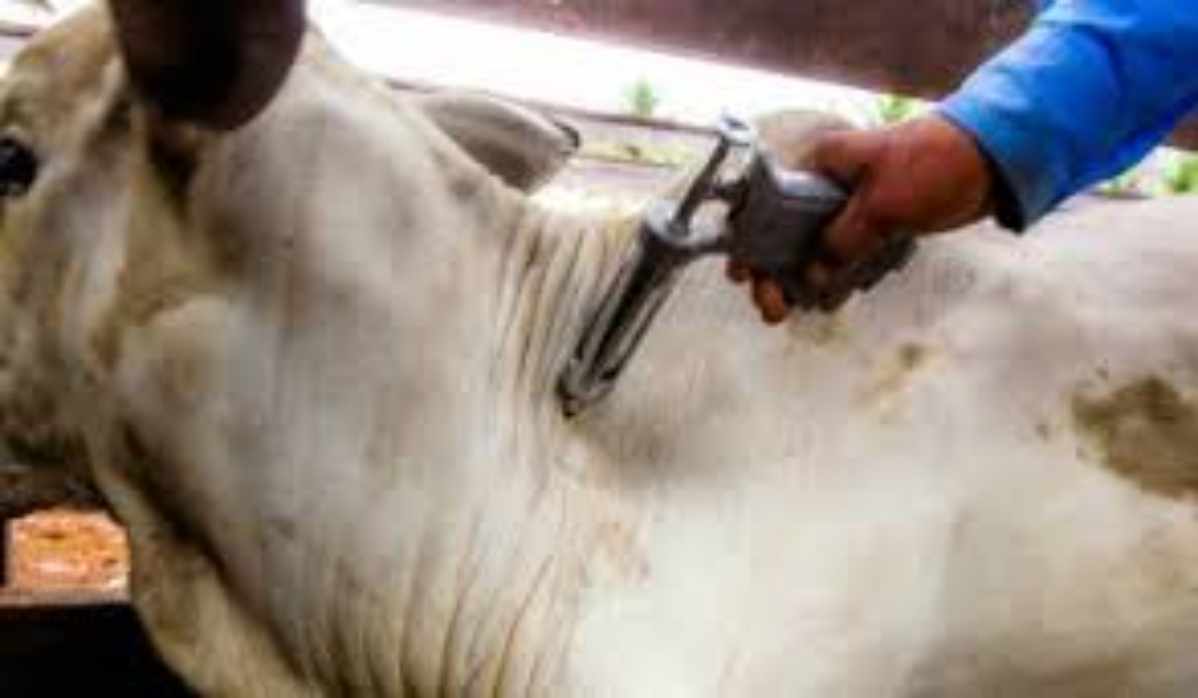Tarun Karthick
Port Blair, 16 July 2024
In a proactive measure to safeguard livestock from Foot and Mouth Disease (FMD), the Department of Animal Husbandry & Dairying, Government of India, conducted its 29th round of vaccination across the South Andaman region throughout June 2024. This effort, part of the Livestock Health and Disease Control Programme (LH&DCP), aimed to curb the spread of this highly contagious disease among cloven hoofed animals such as cattle, buffaloes, and others susceptible to the virus.
Foot and Mouth Disease is notorious for its rapid transmission through excretions, secretions, and contaminated surfaces. It manifests in animals through symptoms including high fever, loss of appetite, excessive salivation, and characteristic mouth vesicles leading to ulcers. The disease not only diminishes milk yield and growth rates but also poses threats of infertility.
Although historically relatively free from major livestock diseases, the Andaman & Nicobar Islands have faced two FMD outbreaks in recent years—in 2005 and 2018. Recognizing the severity of these outbreaks, authorities have intensified vaccination efforts as the primary method of disease control, given the absence of a cure.
The recent campaign mobilized ten vaccination teams, each led by Senior Veterinary Officers. Details of vaccinated animals and their owners were meticulously recorded in the Bharat Pashudhan Portal—a crucial step in monitoring and managing disease spread. By the conclusion of the campaign on July 4th, 2024, a total of 8116 cattle and 1591 buffaloes had received vaccinations, with 1591 animals newly tagged for future monitoring.
Moreover, as part of ongoing surveillance, pre-vaccination serums were collected to assess the effectiveness of the vaccination drive through sero-monitoring tests.
The Department of Animal Husbandry and Veterinary Services of the Andaman & Nicobar Islands reaffirmed its commitment to maintaining the region’s FMD-free status. Through regular vaccination drives and stringent monitoring protocols, authorities aim to ensure the continued health and productivity of the islands’ livestock population.

